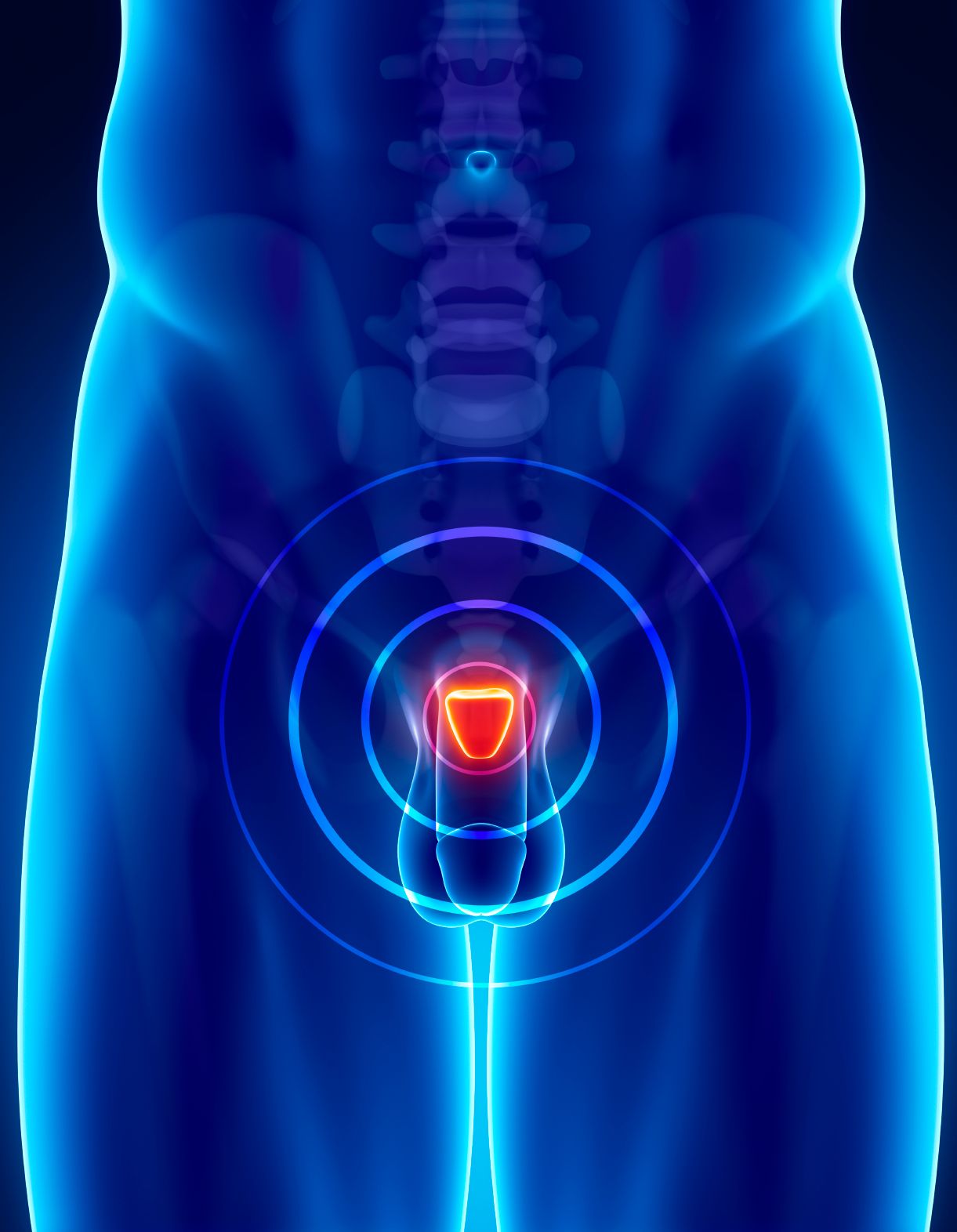Darolutamide Plus ADT, Docetaxel Improves OS in Patients with mHSPC, Regardless of Disease Volume and Risk
The triplet therapy should become the new standard of care for this patient population, according to recent data.

Darolutamide (Nubeqa) in combination with androgen-deprivation therapy (ADT) and docetaxel reduced the risk of death by about 32% across all volume and subgroups in patients with metastatic hormone-sensitive prostate cancer (mHSPC) and should be considered the new standard of care for this patient population, according to findings presented at the 2023 ASCO Genitourinary Cancers Symposium.
Results of the ARASENS trial (NCT02799602) demonstrated that darolutamide plus ADT and docetaxel prolonged overall survival regardless of disease volume or risk. Median overall survival was not reached for those with high-volume disease (HR 0.69; 95% CI: 0.57-0.82) or low-volume disease (HR 0.68; 95% CI: NR-NR).
Median overall survival was also not reached in both the high-risk disease subgroup (HR 0.71; 95% CI: 0.58-0.86) and the low-risk disease subgroup (HR 0.62; CI: 0.42-0.90) with the darolutamide combination.
The regimen also clinically improved key secondary endpoints in high-/low-volume and risk subgroups, compared with placebo, with HRs in the range of those observed in the general population.
This includes time to castration resistant to progression which favors the darolutamide combination, in both the high- (HR 0.41, 95% CI: 0.34-0.49) and low- volume (HR 0.21, 95% CI: 0.14-0.33) disease groups, as well as the high- (HR 0.38 95% CI: 0.32-0.46) and low-risk groups (HR 0.32, 95% CI: 0.23-0.45).
Incidence of treatment-emergent adverse events (TEAEs) were consistent with the overall population across subgroups by high-/low-volume and high-/low-risk.
Prior research showed that darolutamide plus ADT and docetaxel significantly reduced the risk of death by 32.5% (HR 0.68; 95% CI: 0.57-0.80; P<0.0001), compared with placebo in patients with mHSPC. This benefit was consistent across prespecified subgroups, including de novo and recurrent disease.
The full analysis included 1,305 patients, 1005 (77%) had high volume disease, 912 (70%) had high-risk disease, 300 (23%) had low-volume disease and 393 (30%) had low-risk disease. High-volume disease was defined as visceral metastases and/or ≥4 bone metastases with ≥1 beyond the vertebral column or pelvis. High-risk disease was defined as ≥2 risk factors: Gleason score ≥8, ≥3 bone lesions, and presence of measurable visceral metastasis. Of note, over 80% of patients had de novo metastatic disease.
Patients were randomized 1:1 to 600 mg of darolutamide twice daily or placebo, in combination with ADT plus docetaxel.